You must have heard about the “sunscreen hype” all over social media by now. But, all of it is in fact real! Rain or shine, sunscreen is the one product that never goes out of season. It could be blazing hot outside or a gloomy rainy day indoors; sunscreen should always be a part of your daily routine. It's scientifically proven that sunscreen protects your skin from harmful UVB and UVA rays that can damage your skin, make you age faster, and even give you skin cancer.
But the real hack is choosing a sunscreen that fits you perfectly despite the plethora of options in the market. All of us are so past the era of “white cast sunscreens” that make you look clumsy and unkempt. Newer options like tinted sunscreens give you not just protection but lightweight coverage too. In this guide, we will help you understand everything you need to know about sunscreens.
What is Sunscreen & How Does It Work?
Simply said, sunscreen is your personal superhero against harmful sun rays. You must have read about UV rays in school. Yes, it's exactly about that! But here’s a better explanation – The sun emits two types of UV rays that you need to worry about:
-
UVA Rays: These penetrate deeply into the skin, causing premature ageing, wrinkles, and pigmentation.
-
UVB Rays: These are responsible for sunburns and, in the long run, can contribute to skin cancer.
Now, here’s how sunscreens help you protect yourself from these harmful rays:
-
Mineral (or physical) Sunscreens: Made with zinc oxide or titanium dioxide, these sit on top of your skin and act like a mirror to deflect rays.
-
Chemical Sunscreens: These absorb UV rays, convert them into heat, and release them from your skin.
What is SPF & PA Ratings?
The chatter about SPF is everywhere today. But what is it really? SPF stands for Sun Protection Factor, measuring protection against UVB rays. SPF30 blocks about 97% of UVB rays, which is more than enough for daily use when applied properly. PA ratings, on the other hand, indicate UVA protection. The more plus signs (+), the better.
Here’s where dermatologists recommend tinted sunscreens like the SkinMumma Stifano Tinted SPF30, which not only shields your skin but also offers a soft tint. You can easily ditch a foundation with this tinted sunscreen that excellently evens out your complexion.
Why Sunscreen is Essential for Skin Protection
The popular myth is that you only need sunscreen on days the sun is shining bright or while stepping out. But, did you know? Skipping sunscreen might feel harmless in the moment, but the long-term consequences are real. UVA rays can penetrate through windows, meaning you’re exposed even indoors or while driving. That’s why sunscreen is a year-round necessity. Here are some important benefits of sunscreens:
-
Prevent painful sunburns.
-
Reduce pigmentation, tanning, and uneven skin tone.
-
Delay premature ageing like fine lines and wrinkles.
Sun protection for the body is equally important. Don’t forget to apply sunscreen on your arms, neck, and even ears. If you want to simplify your routine, tinted sunscreens with SPF30 are a win-win. You get coverage and protection in just one product.
Choosing the Right Sunscreen for Your Skin
Here’s where the real deal lies! Your sunscreen should essentially complement your skin; otherwise, it's simply an unpleasant experience. But, with the versatility of today’s market, there’s something for everyone, such as sprays, gels, creams or tinted finishes. For acne-prone users, choosing a non-comedogenic sunscreen ensures your pores stay clear.
Here are the best sunscreens depending on your skin type:
-
Oily Skin: Look for lightweight gels or oil-free formulas.
-
Dry Skin: Cream-based sunscreens offer extra hydration.
-
Combination Skin: Tinted or lotion-based sunscreens usually work well.
Our SkinMumma Stifano Sunscreen Tinted SPF30 is dermatologist-recommended, and gives you skin protection while enhancing your natural look. It’s perfect for a daily routine because it blends effortlessly and doesn’t feel heavy.
Morning Skin Care Routine with Sunscreen
Here’s how to layer it right:
-
Cleanser: Start with a gentle cleanse.
-
Serum: Use actives like Vitamin C for brightening or Hyaluronic Acid for hydration.
-
Moisturizer: Lock in moisture.
-
Sunscreen: Apply SkinMumma Stifano Tinted SPF30 generously.
A tip? Use the two-finger rule; squeeze sunscreen along two fingers to measure the right amount for your face and neck. And yes, tinted sunscreens play nicely under makeup. They provide a smooth base, so your foundation glides on effortlessly.
Lifestyle & Diet Tips for Better Sun Protection
Sunscreen is your frontline defence, but lifestyle habits can boost your skin’s resilience too:
-
Eat antioxidant-rich foods like berries, spinach, and nuts. They help fight free radicals caused by UV exposure.
-
Omega-3s from fish or flaxseeds strengthen your skin barrier.
-
Hydration is key. Water keeps your skin plump and healthy.
-
Protective clothing and wide-brimmed hats give you added armour.
Still, no matter how healthy your diet is, sunscreen (like SkinMumma Stifano) is non-negotiable.
Common Sunscreen Myths vs Facts
Let’s bust a few myths:
Myth: “Sunscreen is only needed outdoors.”
Fact: UVA rays reach you indoors and through windows.
Myth: “SPF50 is always better than SPF30.”
Fact: The difference is marginal. Proper application and reapplication matter more.
Myth: “Dark skin doesn’t need sunscreen.”
Fact: Melanin offers some protection, but not nearly enough to prevent damage and ageing.
Tinted SPF30 sunscreens work beautifully across all skin tones, protecting while leaving a natural finish.
Dos and Don’ts of Sunscreen Use
Dos:
-
Apply 20 minutes before stepping out.
-
Reapply every 2–3 hours, especially if sweating or swimming.
-
Cover overlooked spots like your neck, ears, and hands.
Don’ts:
-
Don’t skip sunscreen on cloudy days.
-
Don’t apply too little; you need enough to get full SPF protection.
-
Don’t mix sunscreen directly with your foundation; it dilutes the SPF.
-
Tinted sunscreens are great because they save you from layering too many products and give you that lightweight, natural look.
Tinted sunscreens are great because they save you from layering too many products and give you that lightweight, natural look.
When to See a Dermatologist
If you notice persistent pigmentation, frequent sunburns, or allergic reactions, it’s worth consulting a dermatologist. Those with acne-prone or sensitive skin often benefit from dermatologist-approved formulas.
Products like SkinMumma Stifano Tinted SPF30 are created with these concerns in mind. Its gentle, effective, and suitable for daily use. It is dermatologist-formulated, toxin-free, leaves no white cast, and is tinted with powerful SPF30. Moreover, it's friendly because it's non-comedogenic & fragrance-free.
Conclusion
When it comes to sun protection, consistency is everything. Sunscreen isn’t just another step in your skincare; it’s the step that preserves your skin’s health and glow long-term. So, if you are an adult or you have kids at home, make it a habit, and your future self will thank you.
If you’re ready to simplify your mornings while keeping your skin safe, try the SkinMumma Stifano Sunscreen Tinted SPF30 Face Protection today! SkinMumma Stifano Sunscreen is skincare and makeup in one tube, designed to keep your skin protected and effortlessly radiant every single day.
FAQs:
What do I need to know about sunscreen?
Sunscreen is essential for protecting your skin from harmful UV rays that cause sunburn, tanning, premature aging, and even skin cancer. The most important things to know are: always choose a broad-spectrum sunscreen (protects against UVA and UVB rays), go for SPF 30 or higher for daily use, and reapply every 2–3 hours when outdoors. In India, where sunlight is strong almost year-round, sunscreen is not just a summer product—it should be part of your everyday skincare routine.
Is SPF 30 or SPF 50 better?
Both SPF 30 and SPF 50 provide strong sun protection, but SPF 50 offers slightly higher coverage. SPF 30 blocks about 97% of UVB rays, while SPF 50 blocks about 98%. For most people in India, SPF 30 is enough for daily activities, commuting, or office hours. However, if you spend long hours outdoors, at beaches, in the mountains, or under strong sun, SPF 50 is the safer choice. The key is applying enough sunscreen and reapplying regularly, as improper use reduces protection.
Do I need sunscreen indoors or on cloudy days?
Yes, sunscreen is still important indoors and on cloudy days. UVA rays, which penetrate deep into the skin and cause early aging and pigmentation, can pass through windows and clouds. Studies show that up to 80% of UV rays reach your skin even when it’s cloudy. In India, where sunlight intensity is high most of the year, skipping sunscreen on cloudy or indoor days can still lead to gradual skin damage. Think of sunscreen as a daily shield, not just for sunny outings.
Can I wear sunscreen under makeup?
Yes, sunscreen can be safely applied under makeup. It acts as a protective base. After applying sunscreen, wait a few minutes to let it absorb, then follow with your primer or foundation. Many lightweight and matte-finish sunscreens available in India work perfectly under makeup without making the skin greasy. For touch-ups during the day, you can use sunscreen sprays or powders to maintain protection without disturbing your makeup.
Is sunscreen safe for all skin types and tones?
Yes, sunscreen is suitable for all skin types and skin tones. Whether you have oily, dry, combination, or sensitive skin, there are formulas designed to work without clogging pores or causing irritation. For oily and acne-prone skin, gel-based or oil-free sunscreens are recommended. For dry skin, hydrating cream-based sunscreens work best. People with deeper skin tones may believe they are naturally protected, but UV damage and pigmentation still occur—so sunscreen is equally important. Today’s sunscreens are non-comedogenic and leave no white cast, making them safe for everyone.
What happens if I don’t use sunscreen regularly?
Not using sunscreen regularly allows UV rays to damage your skin every day. Over time, this leads to premature aging, visible fine lines, wrinkles, uneven skin tone, and stubborn dark spots. In India’s tropical climate, prolonged sun exposure without protection also increases the risk of sunburn, pigmentation, and even skin cancer. The damage is often slow and invisible at first, but it builds up over the years. Regular sunscreen use is the most effective way to maintain youthful, healthy, and protected skin.


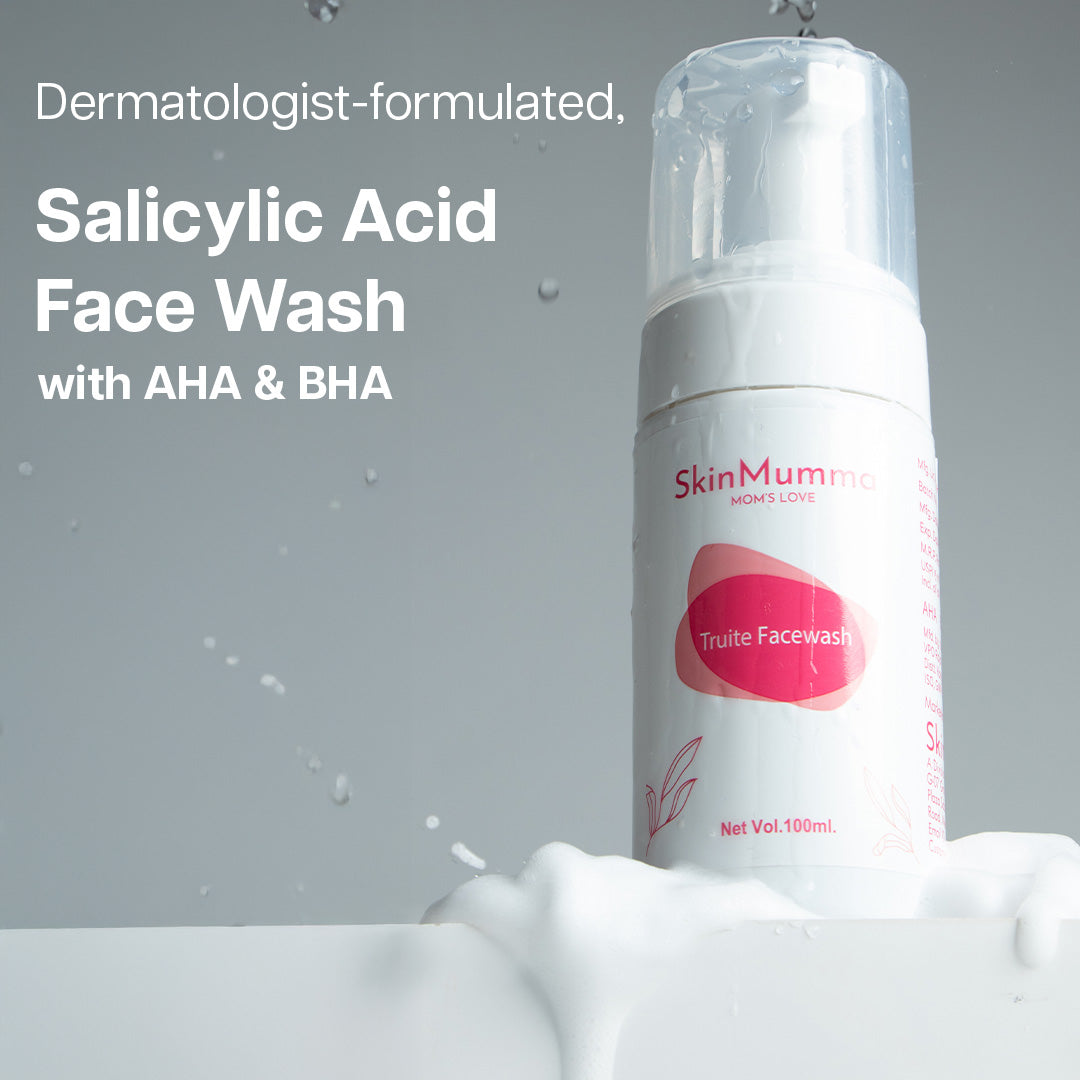
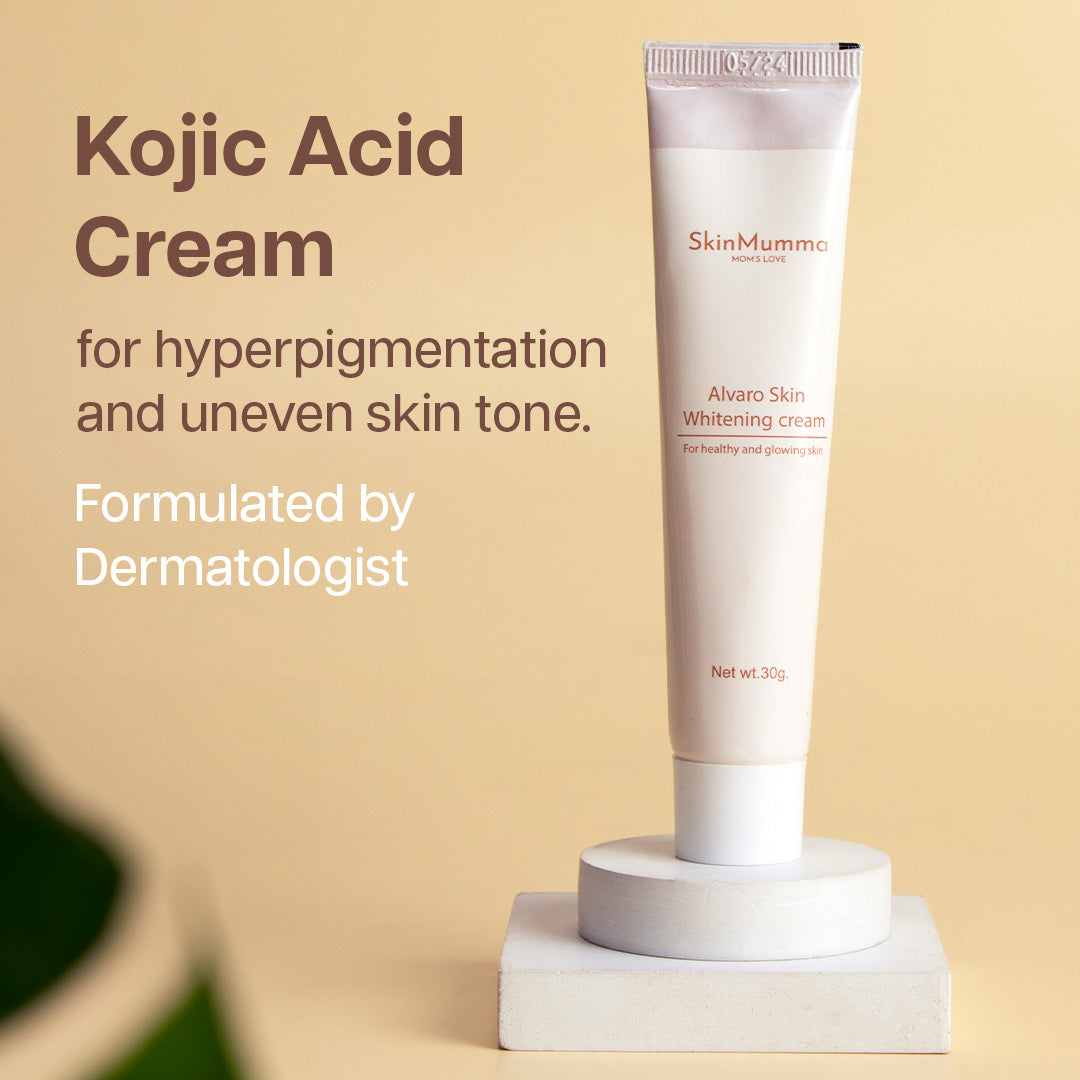
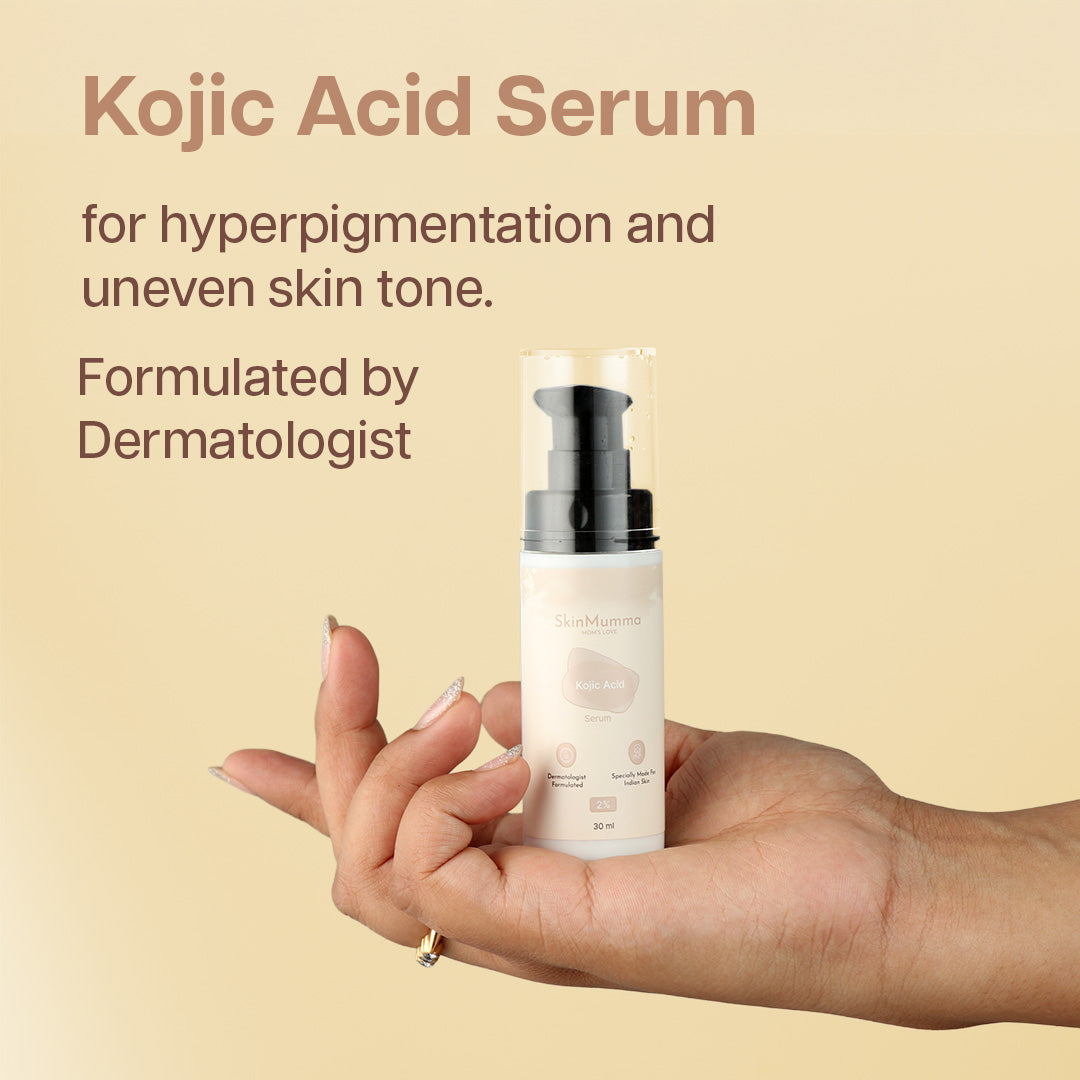
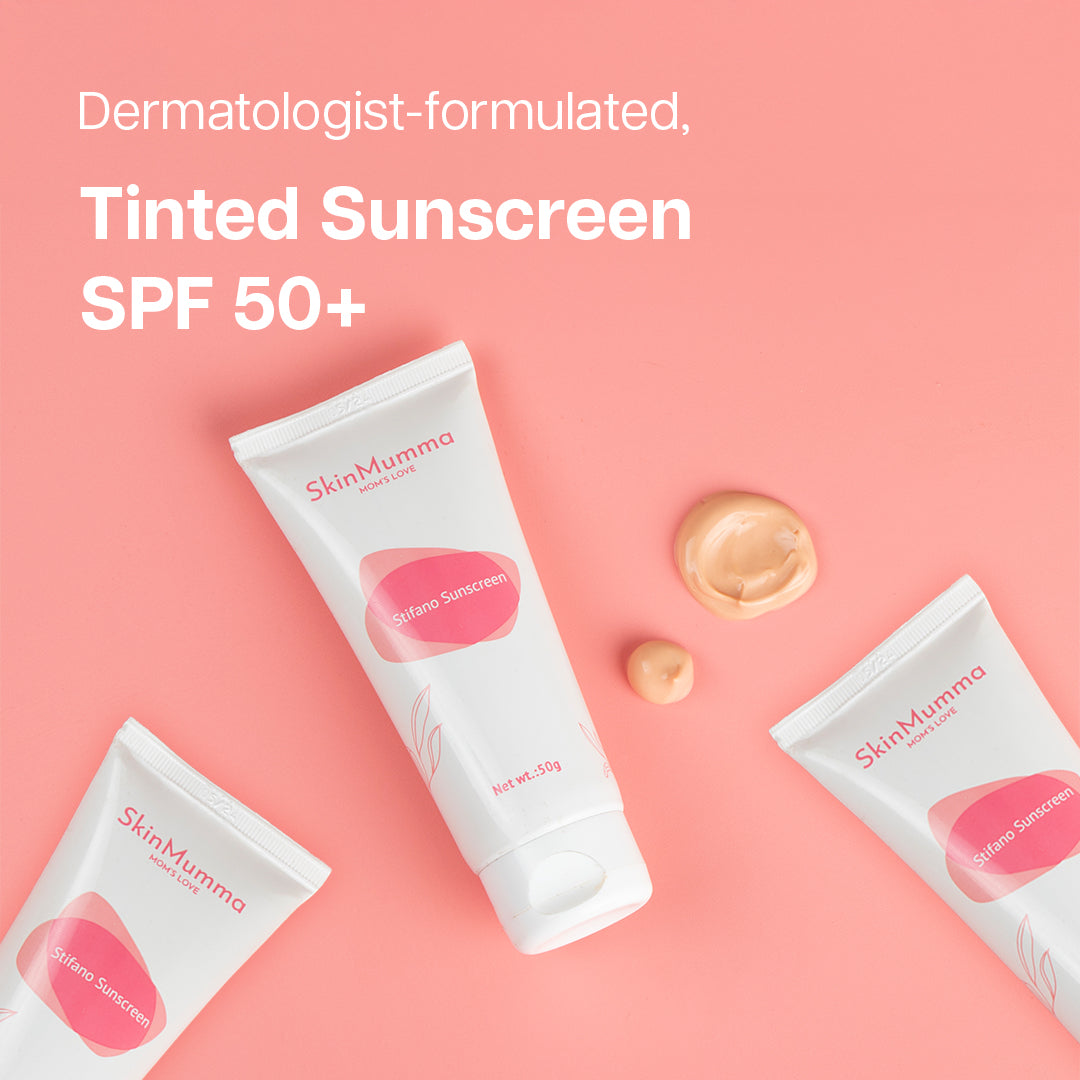
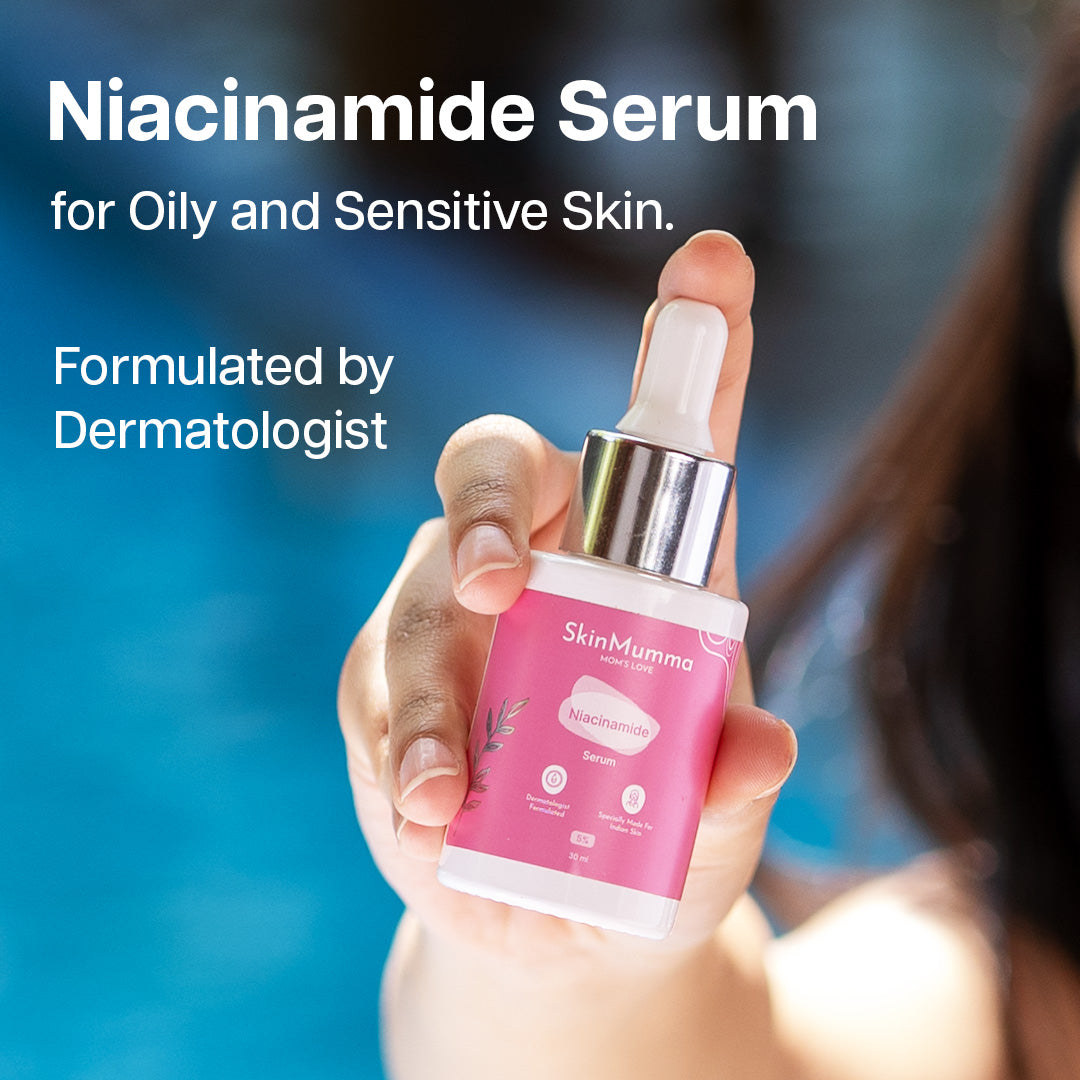
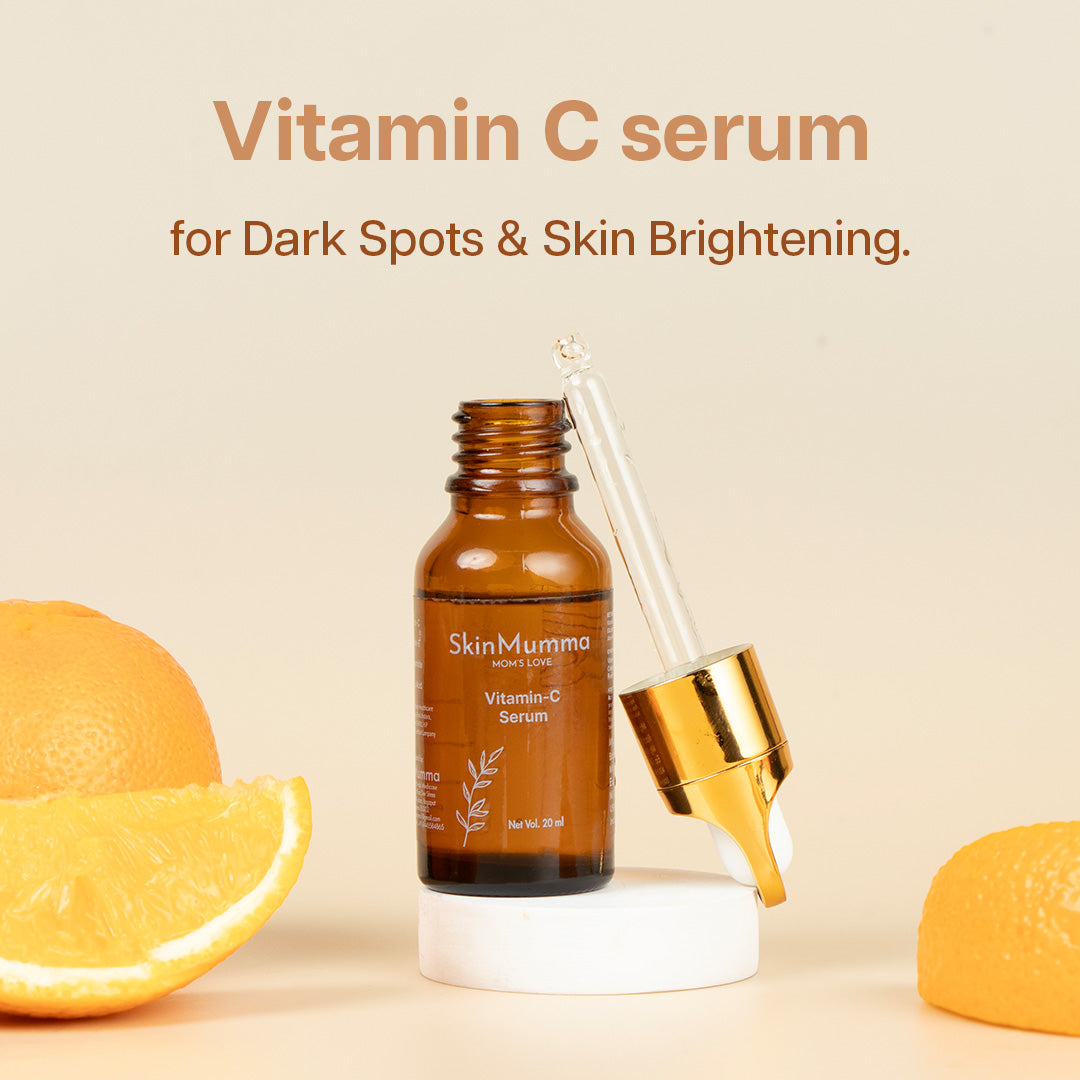




Dr Manisha Bindal is the senior dermatologist and laser skin expert with more than 25 yrs of experience in clinical practice. She has to her credit various advanced skin care procedures and Laser skin treatment protocols including chemical peels, fillers, threads and injections. You can trust the expert hands for any skin or hair related problems or any procedure if need be.